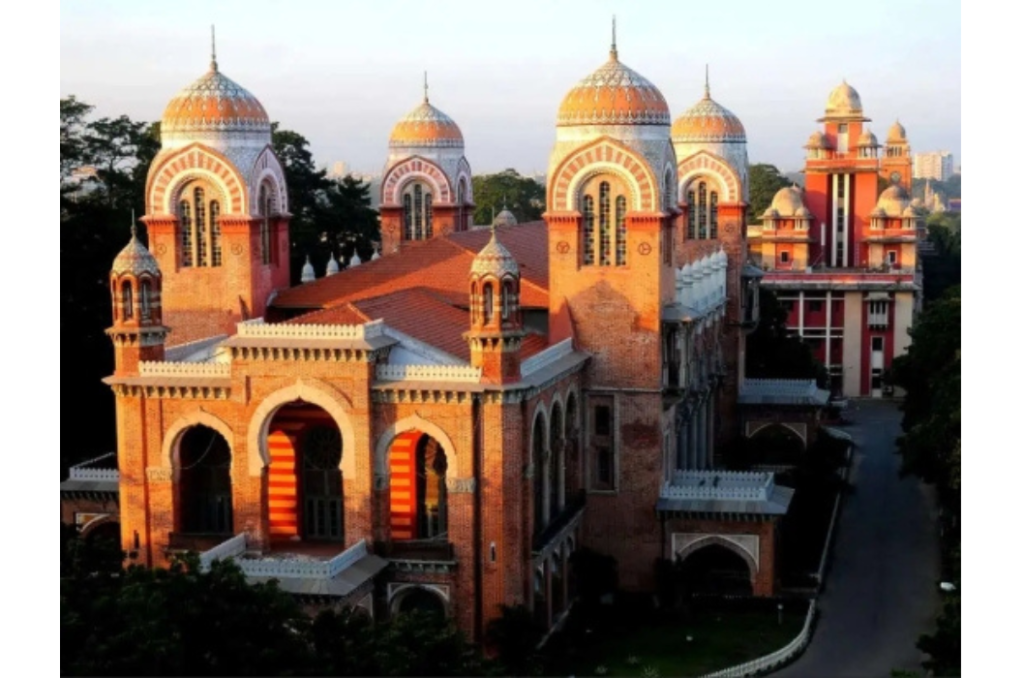Tamil Nadu state-run universities face administrative delays as 12 institutions await vice-chancellors amid an unresolved court case. Academic work suffers.
Tamil Nadu State-run universities, continue to function without vice-chancellors as the Madras High Court is yet to settle a case concerning who holds the authority to appoint them. While the state government technically gained the right to appoint vice-chancellors after winning a Supreme Court battle against the Governor, the process remains on pause due to the pending High Court case, which won’t be heard until after the summer recess.
This leadership vacuum is taking a toll on the state’s higher education system. Without vice-chancellors at the helm, universities are facing delays in crucial areas—expanding seats in popular courses, recruiting assistant professors, and updating curricula have all been pushed to the back burner.
Out of 22 state universities, 12 have been operating without a VC for the past three years. In their absence, a three-member conveners’ committee—comprising a university professor, an external nominee, and a representative from the higher education department—manages daily operations. But the system is slow and bureaucratic. Nothing moves forward unless all three members sign off, leading to backlogs even for routine decisions.
Sources say that simple tasks like approving new courses, releasing results, setting fees, or even processing faculty salaries can take days—or sometimes weeks. Education experts warn that this bottleneck is severely affecting the academic calendar and day-to-day functioning of these institutions.
“Even basic decisions like renewing courses or announcing results have to pass through multiple layers of approval,” said a source familiar with the situation. “This level of red tape is slowing universities down when they should be moving forward.”

V. Vasanthi Devi, former Vice-Chancellor of Manonmaniam Sundaranar University, expressed concern over the prolonged absence of vice-chancellors in state universities, calling it deeply damaging for higher education in Tamil Nadu.
“A vice-chancellor isn’t just a figurehead or administrator — they serve as the academic and moral guide for a university,” she said. “In a state like Tamil Nadu, where numerous colleges are affiliated with each university, not having a VC leaves the entire system without clear direction.”
Emphasizing the broader implications, she added, “Education should fall under the State List. That way, Tamil Nadu can shape its educational framework based on its own cultural values and developmental needs. Unfortunately, this ongoing legal conflict is not just a technical issue — it’s affecting thousands of students and undermining the future of our premier universities.”
A senior official from the Higher Education Department shared that the Tamil Nadu government is closely watching the case currently being heard in the Madras High Court over who holds the power to appoint vice-chancellors.
“We were all set to go ahead with the appointments after the Supreme Court backed us in the earlier case against the Governor. We had shortlisted candidates and were ready to act immediately,” the official explained. “But with a new PIL now challenging the state’s authority, we’ve had to put everything on hold. And this isn’t just our struggle — states like Kerala and West Bengal, which aren’t ruled by the BJP, are also going through the same thing.”
Even with this legal uncertainty, the official stressed that the state remains committed to improving access to higher education. “Just today (May 26), we opened ten new government colleges. We’re focused on getting more students, especially from rural areas, into college and launching new courses to meet local needs.”
He also acknowledged the serious issues facing universities — from staff shortages to funding gaps — but said the government is determined to reduce the Governor’s control over key appointments like vice-chancellors. “That’s really where this whole issue starts,” he said.
Also Read: With TN Governor’s powers curtailed but not eliminated, can he still hold VC meetings?